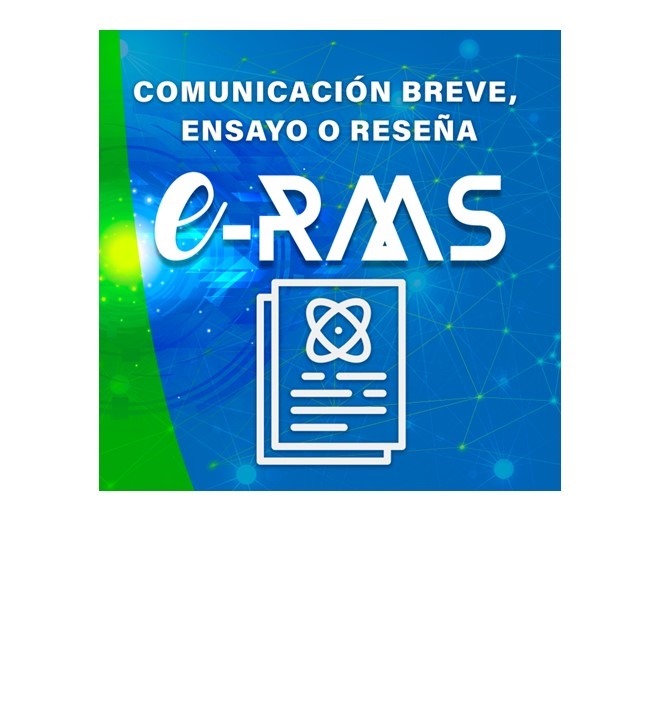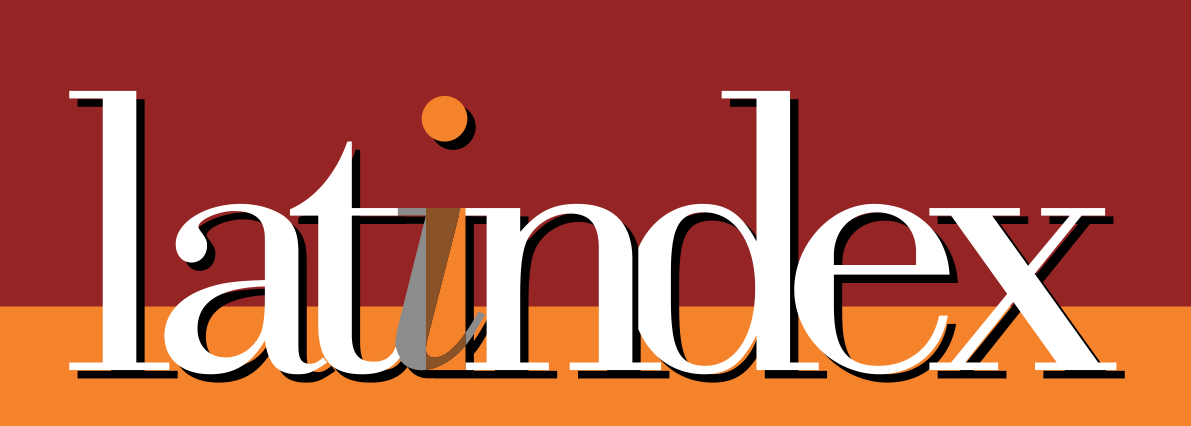Tensions and contradictions in Latin American critical thinking
DOI:
https://doi.org/10.61286/e-rms.v3i.137Keywords:
Latin american critical thought, Tradition, Epistemic contradictions, Ethical-politics tensions, Euro-westernismAbstract
This essay-propositive work is based on the premise of the analysis of Latin American critical thinking, considering not only the traditions at its core, but also the tensions and contradictions present, and the alternatives that emerge in the heat of the debate and the practice associated with this way of approaching reality. Documentary sources are used on account of Latin American critical thinkers as a critical mass in the tradition of this approach, as well as new referents. The analysis allows affirming that, although it is true that there is a whole tradition within the framework of Latin American critical thought, it is valuable to reconsider the existing and persistent contradictions in the tradition, but also to review it from the current referents, noticing the epistemic presuppositions of the new currents of thought housed in the heart of Latin American critical thought. It is considered that, being an approach to reality, it is polyhedral, and that, being so, it inevitably has an impact on the daily life of people, communities and countries. That is why it is so relevant to aim at the resolution of existing contradictions, those that persist and generate new paths, alternatives for the advancement of the region within a framework of major ethical-political tensions.
Downloads
References
Baisotti, P., Vommaro, P. (2022). Introduction. In: P. Vommaro & P. Baisotti (Eds.). Persistence and Emergencies of Inequalities in Latin America. Latin American Societies, pp. 1-12. Springer. https://doi.org/10.1007/978-3-030-90495-1_1
Damiani, L. (2007). Introducción. En: L. Damiani y O. Bolívar (Comps.). Pensamiento pedagógico emancipador latinoamericano, pp. XXI-XXXIII. Ediciones de la Universidad Bolivariana de Venezuela.
Galindo, A. (2020). El campo del pensamiento decolonial latinoamericano. Religación, 5(25), 14-26. https://doi.org/10.46652/rgn.v5i25.667
García F., J. (2023). Descolonizar el pasado. Perspectivas críticas con los legados coloniales en la historia y la historiografía. Antípoda, 51, 51-75. https://doi.org/10.7440/antipoda51.2023.03
Hasrama, O.; Haro, E. & Sinjari, S. (2025). From dominance to autonomy: core-periphery dynamics in Tirana’s municipality. GeoJournal, 90(27), 1-11. https://doi.org/10.1007/s10708-024-11275-4
Hodgson, N.; Vlieghe, J. y Zamoski, P. (2020). Manifiesto por una pedagogía post-crítica. Ediciones Universidad de Salamanca. Teri, 32(2), 7-11. http://dx.doi.org/10.14201/teri.22862
Jaramillo-Aristizabal, A. (2022). Critical theory and academia: Ontological im/possibilities for upholding plural worlds. Knowledge Cultures, 10(3), 126–149. https://doi.org/10.22381/kc10320228
Lander, E. (2001). Pensamiento crítico latinoamericano: la impugnación del eurocentrismo. Revista de Sociología, 15, 13-25. https://urlc.net/NrZk
Pedraja-Rejas, L. y Rodríguez, C. (2023). Desarrollo de habilidades del pensamiento crítico en educación universitaria: Una revisión sistemática. Revista de Ciencias Sociales, XXIX(3), 494-516. https://www.produccioncientificaluz.org/index.php/rcs/article/view/40733/46513
Ufodike, A. (2025). The Sociology of Exclusion: A Knowledge Synthesis of Imperialism, Colonialism, and Postcolonialism in Accounting Research. Accounting Perspectives, 24(2), 469-515. 10.1111/1911-3838.12378
Viviescas, V. (2019). Actualidad del pensamiento crítico sobre la literatura latinoamericana. Literatura: teoría, historia, crítica, 21(2), 9-18. http://dx.doi.org/10.15446/lthc.v21n2.78700

Published
How to Cite
Issue
Section
License
Copyright (c) 2025 Alixon David Reyes Rodríguez

This work is licensed under a Creative Commons Attribution-NonCommercial-NoDerivatives 4.0 International License.
Las publicaciones en acceso abierto de e-RMS están protegidas por derechos reservados y se rigen por la Licencia Pública Creative Commons Attribution-NonCommercial-NoDerivatives 4.0 International (CC BY-NC-ND 4.0). Se permite el uso no comercial de este material, con atribuciones al autor. No se permiten derivados de esta versión.













